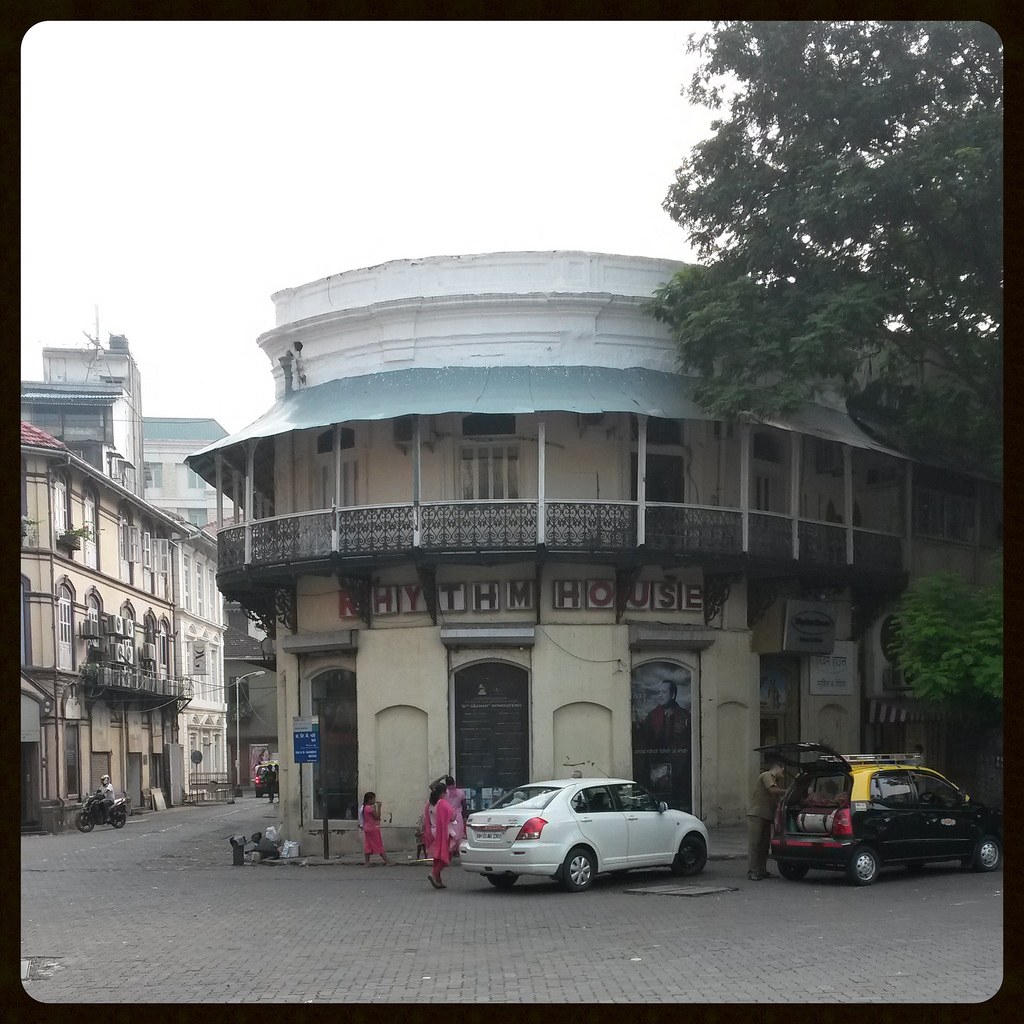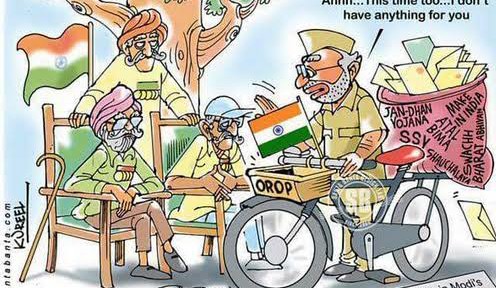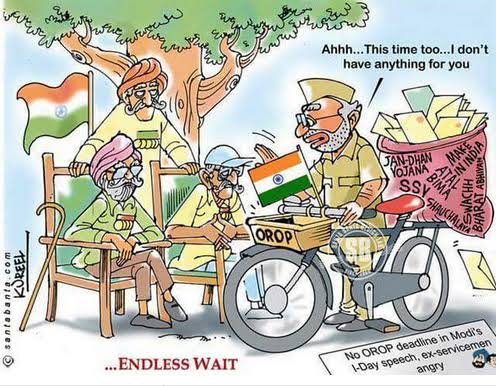One of the biggest truths about God’s Creation is that He/She/It made all virtues and evils Relative. The only Absolute is God Himself. Thanks to Albert Einstein, the Relativity of Time in the Universe is now somewhat well known to us. For others, please read my Absolute Virtue if you entertain any doubts.
What an essay, at the end of the year, you may remark. The fact of the matter is that end-of-the-year itself is not universal or absolute reality. It exists on Earth simply because of rotation of Earth around its axis and its revolution around the Sun. It doesn’t universally exist. It is a convenient method adopted by us to anchor our lives to a dimension called Time, which too is purely our own creation. You may argue with me that Time does exist; after all, we do get older, trains and aircraft are scheduled by hours and minutes (and sometimes seconds), we get our salaries because of it and if there was no Time, our world would collapse. Fair enough; but do remember that our invention of Time is actually an effort, on our part, to give a beginning and end to things, events and people on Earth only and has relevance only to our minuscule part of the Universe, ie, very micro part of God’s endless Creation as a whole.
One of the fundamental laws of the universe that we have discovered (not invented) is the Law of Conservation of Energy. The law of conservation of energy is a law of science that states that energy cannot be created or destroyed, but only changed from one form into another or transferred from one object to another. This law of science is actually a pointer towards the ludicrousness of considering our self-invented dimension of Time so as to define beginning and end to things and people.

That leaves Events, Ideas, Thoughts, and Emotions. Lets take Events first. All Events actually result in Energy and Mass to be changed from one form to the other and hence it is covered in Law of Conservation of Energy. As far as Ideas, Thoughts and Emotions are concerned, we often claim to be the first person to have come up with a thought or idea; whereas, all these already exist in one form or the other. We only re-discover them. Mercifully, as far as emotions are concerned, we never claim to be the first persons to become angry, happy, fall in love with, hate etc. We have no idea how these evolved and who was the first person to get angry, love-stricken, hated or happy.

The second last thing to consider before we take up the main discussion is whether there are any universal truths, beliefs or perceptions that have withstood the test of time. There ain’t many; not even the most sacred ones. Consider that Adam and Eve were sent on the earth and they produced a boy and a girl. For the world to progress, this boy and girl, brother and sister, that is, must have procreated amongst themselves. Likewise, hundreds of beliefs and tenets have changed over centuries. Hence, whilst there are no Absolute Truths in Space, there are none in Time too except one.
The last thing that I want to take up is the distinction between Natural and Artificial that we have made. Natural is defined as existing in or derived from nature; not made or caused by humankind. Artificial is the exact opposite of it; made or produced by human beings rather than occurring naturally, especially as a copy of something natural. On the easier side is the difference between natural flowers with their texture, hues and fragrance and artificial look-alike flowers. On the complex side is the natural way (fire, flood, solar-action, wind-force etc) to convert one form of energy into another and artificial way of doing it say in lighting a bulb. It becomes even more complex when we think of the fact that human beings are part of Nature and there is nothing that they can do that has Free Will (Please read: ‘How Unbiased Or Innocent Can We Become?’). Hence, if Natural is God’s Creation, accepting as something Artificial is like accepting that someone other than God can create. Let alone faith, it is against the science of law of conservation of energy. So much for the distinction between Natural and Artificial. God makes the temperature drop as we move away from the centre of the Earth (increase altitude) and away from the Sun (in earth’s elliptical orbit around the Sun); that is natural. But, we, as human beings made air-conditioning (God had no role to play in it!) and made temperature fall wherever we are even when we are closest to the Sun in the orbit of the Earth. Now, that is Artificial.

With this background, lets look at some of the debatable philosophies of life; I call all our philosophies as philosophies of convenience to serve specific purposes or objectives. Lets examine if these are anachronisms.
Philosophy #1 We Should Be Selfless
An ideal man, it is said, is the one who is selfless. To start with, if you read ‘How Unbiased Or Innocent We Can Become?’, you would know that to be completely selfless (without ‘haume’ as Guru Granth Sahib calls it) is to find and merge with param atma. Therefore, we can only be partially selfless.
Now, lets examine how being selfless is against the grain of human nature (what a word, you may say, when seen in the light of the discussion on Natural and Artificial.
Every instinct and every reflex action of a human being, over generations and centuries, is honed towards self-preservation and survival. Indeed, Men have come up with Herculean efforts, brave and courageous acts that we have admired in furtherance of their survival instincts.
You take away self from Man and he merges with Param Atma. That means that it is not possible to be absolutely selfless for a man. Would that really be the purpose of Life that God sent us on this earth and we should always be doing everything to merge back with Him? We can only be partially selfless. However, in the bigger definition of selflessness, to do something for the betterment of one’s soul, family, nation and world still has the element of haume’ about it; one does it because it is one’s own. There is still me and mine involved in it. A mother, for example, does everything for her child; it would be somewhat more selfless if she did for other than her own child. It would be somewhat more selfless if she did it without thinking of gains for her own soul.
Philosophy #2 We Should Not Live In The Past or We Should Forget The Past
All our knowledge is in the past. The world is made safer, securer and better place to live in because of past knowledge. And yet, many of those who have the best interests of our society in mind routinely tell us to forget the past.
In our survival instincts, we are hard wired to remember the past and learn from it. We don’t have to, for example, die ourselves to learn the horrors of dying. We have knowledge of people dying and we consciously avoid all those things that can kill us; say, for example, jumping from high-rise buildings.
Think of how dangerous the world would become if all of us we were to forget the past and start discovering everything afresh. Think of how lost we would be if we were to start with a clean slate everyday or every hour. In this case, Ignorance will not be bliss.
There are people and countries such as Taliban in Afghanistan who tried to bury the past. But, these generally have disastrous results.
Another connected advice or philosophy is to live in the present. It is like living in a house made of just one straw. That’s exactly what Present is; a fleeting moment that becomes past like a bubble in a pond. Trying to capture the Present is like holding this bubble in the palm of one’s hand.
Lastly, the Past also enables us to provide an anchor to excel. So, if you are trying to break the world record in high jump, and you have been jumping, say, 6 feet, you are able to make out the gap that you must fill. Other people’s similar feats also enable us to emulate and excel.
Philosophy #3 All Men Are Born Equal
Of all the hogwash that is dished by those who are adept at making feel-good philosophies, this takes the cake.
Millions of years ago when Life started on earth, it is possible that God may have made all men equal. However, over all these years, generational and genetic memory ensured that each became unique and different. It is for this reason that even though the DNA of even twins at birth is the same, it undergoes changes as they grow up and their children do not have the same DNA.
This philosophy of convenience actually fills us with hope that we have the same chances of succeeding as, say, Bill Gates or Narendra Modi.
Every once in a while we have success stories from those who were not born with silver spoons in their mouths but did well through sheer grit and commitment. The fact is that if similar grit and commitment were displayed by the ones born with silver spoons, it would be a totally different story.
Now, I am not suggesting that it should fill each of us with defeatism that we were not born of the same mould as Ambanis or Birlas. All I am saying here is that it is okay to make peace with one’s circumstances dictated by generations of data-memory and move on to do one’s best to achieve the best under the circumstances.
Philosophy #4 As You Sow, So Shall You Reap
There is absolutely no proof of this philosophy except in folklore. It appears to be a plaintive cry for divine justice by the meek and the downtrodden and fills him with hope when he sees that the thugs, ruffians, and cheaters in the world seem to be doing well in comparison to the good guys. The latter imagine the former burning in the fires of the hell and paying for their sins.
In South India there is a respectable chain of restaurants. At the entrance of these restaurants is a picture of the founder with huge sandalwood garland around it. You are filled with great respect for the man whose vision, sagacity and generosity enabled him to set up mass eating joints at affordable prices. Decades later many had forgotten that he had spent time in jail for making counterfeit money and that he was enjoying the fruits of his earlier labour after his jail term.
These days, the rich and the influential don’t even have to go to jail before enjoying the fruits of their deceit and swindles.
In a recent article titled ‘Is Truth Worth Fighting For?’ I had concluded that all that the conscientious and the saintly do get is the hope that, in the end, they would die happily. So the reward for them to have spent their lives in constant toil and misery is the promise of happiness when the body and soul part. Some compensation that.
Most people are nowadays already aware of it and leave the count of those that live wretchedly but are promised happy deaths.
When the evil don’t appear to be getting just punishments, we cover it up by saying that someone somewhere in one of their previous lives has done something good or that they would suffer in their next lives.
The charade goes on.
It is absolutely debatable whether your deeds, good or bad, will repay you in kind.
It is time we found a new philosophy.
Philosophy #5 Religions Started Centuries Back Should Be Preserved Till The End of the World
Lastly, all present major religions in the world are based on the premise that God or Son of God arrived in this world only during a certain period of time in history, started the religion for all times to come and all those who are loyal adherents of these religions are pious and righteous. The rest are as good or bad as pagans. God will one day punish the non-believers.
The followers of all major religions also believe in and practice the philosophy that even violence and war, in the name of God and Religion are just and justified. Hence, Religion and God are worth laying down lives for – one’s own and those of one’s enemies.
Lastly, the followers of all major religions in the world believe that since the founders of the religions were God or descendants, these have been writ in stone and nothing in these should ever change.

In my ‘Whose God Is It Anyway?’ I had brought out that when, for example, Mohammad told his followers that men should marry many women, he had in mind the war widows of the 7th century AD in Arabia who were young and required shelters, which could be provided to them if men married them. He won’t have made this as a law for all times to come.
There, I have given you at least five philosophies and beliefs that are debatable and suffer from obsolescence. Let me hear your views, if you so desire, in the comments below.
Beliefs, perceptions and philosophies take a long time changing. Why, even expressions do. We still use the expression, for example, skeletons in the cupboard though the last person to see them must have been a hundred years ago.

It is high time we change them in keeping with the modern times. Please remember that when religions were founded they changed the existing beliefs and philosophies of those times. It can’t, therefore, be sacrilegious to do so.
Happy new year 2016 to all my readers and friends.

































